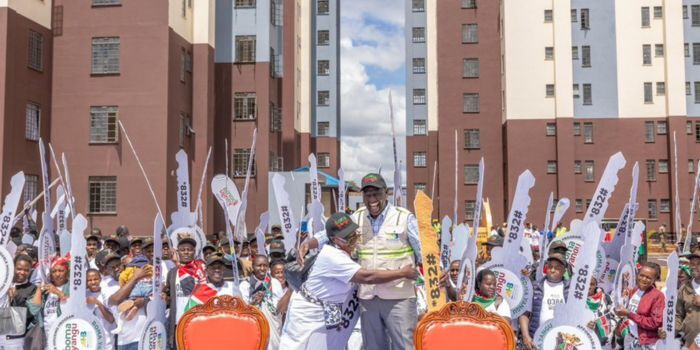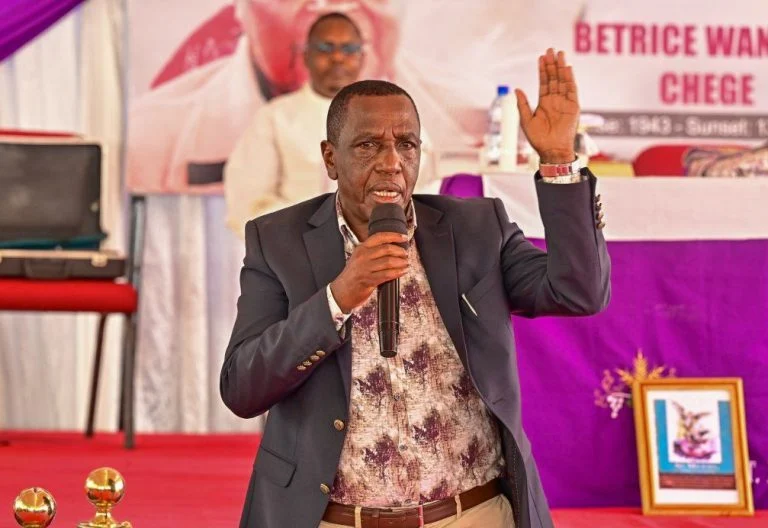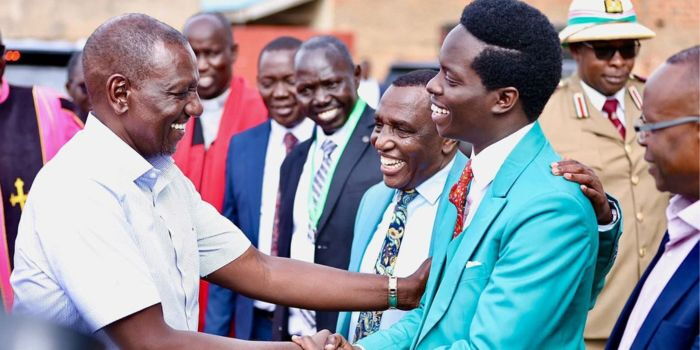
A fiery petition has landed in court demanding the immediate prosecution of Deputy Inspector General of Police Eliud Kipkoech Lagat—over the chilling death of blogger Albert Ojwang.
A coalition of vocal human rights defenders—Julius Ogogoh, Khalef Khalef, Francis Auma, and Peter Agoro—have ignited a legal firestorm by accusing state authorities of deliberately dragging their feet in a case they describe as a gross miscarriage of justice.
The petitioners are not mincing words. They claim the institutions tasked with investigating and prosecuting the case have acted with “corruption, recklessness, and shocking indifference.” Their main target? One of Kenya’s top-ranking law enforcers.
According to the explosive petition, Ojwang’s death followed a terrifying ordeal—arrest, detention, and alleged torture. The rights group argues that the circumstances surrounding the blogger’s demise are far too serious for internal disciplinary panels to handle behind closed doors.
The group has raised the alarm over Deputy IG Lagat’s public appearance at a press briefing just this week—saying it sends a dangerous message and deeply undermines any credibility of ongoing internal investigations.

Even more disturbing, they say, is that the senior officer believed to have masterminded the operation that led to Ojwang’s death is still in power—still pulling the strings in the very probe that’s supposed to hold him accountable.
Backing their claims with data from Missing Voices, the petitioners point to a damning figure—159 reported cases of police-related killings and enforced disappearances in 2024 alone. Over 100 of these have been linked directly to the police.
“This is not just about one blogger,” the petition warns. “It’s about a dangerous precedent—where powerful men walk free while families mourn in silence.”
The petition slams the government’s reluctance to touch the upper ranks of law enforcement, warning that impunity at the top is a recipe for chaos.
“It is completely illogical and unjustifiable,” they argue, “to shield senior officials while citizens are buried without justice.”
In their urgent plea to the court, the four petitioners are seeking permission to launch a private prosecution—a bold legal move they say is driven by nothing but the pursuit of truth and accountability.
“This isn’t political. It’s not personal. It’s about justice,” the application insists. “And unless Lagat is brought to court, the public will continue to suffer substantial and irreparable harm.”
If the court grants their request, it could mark a historic shift in how high-profile cases involving security bosses are handled in Kenya—and send a resounding message across the country: no one is above the law.







